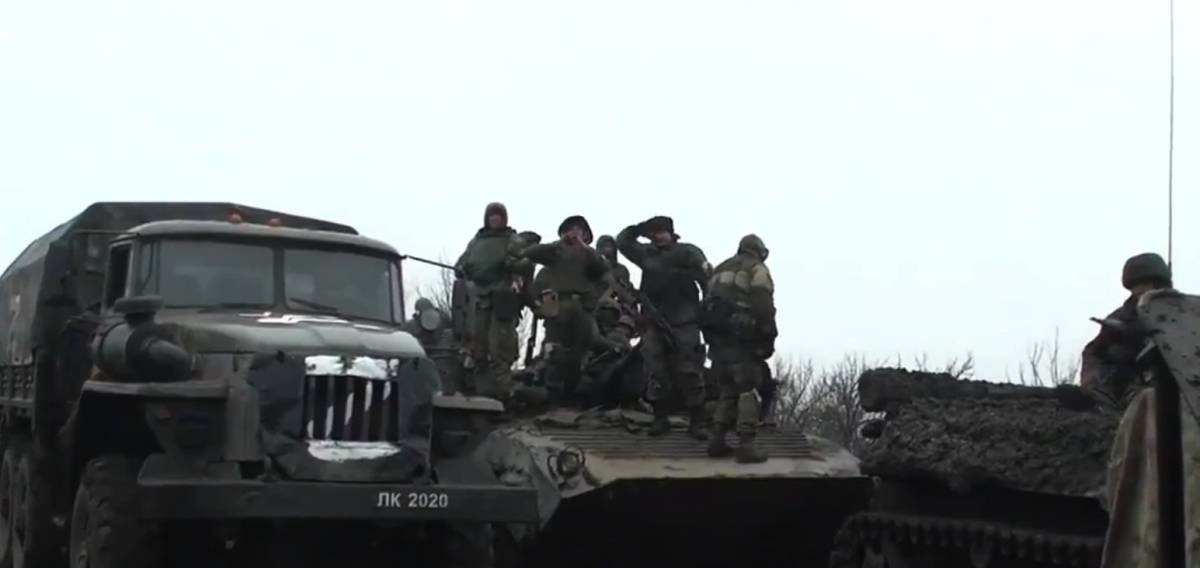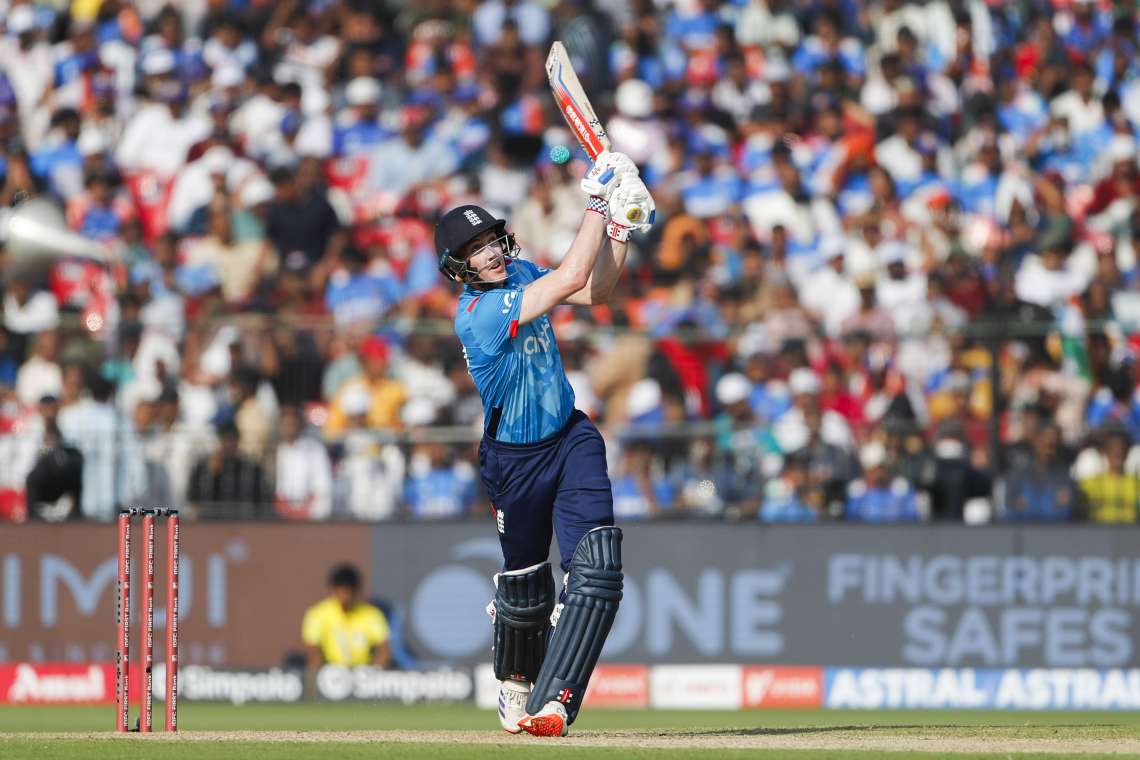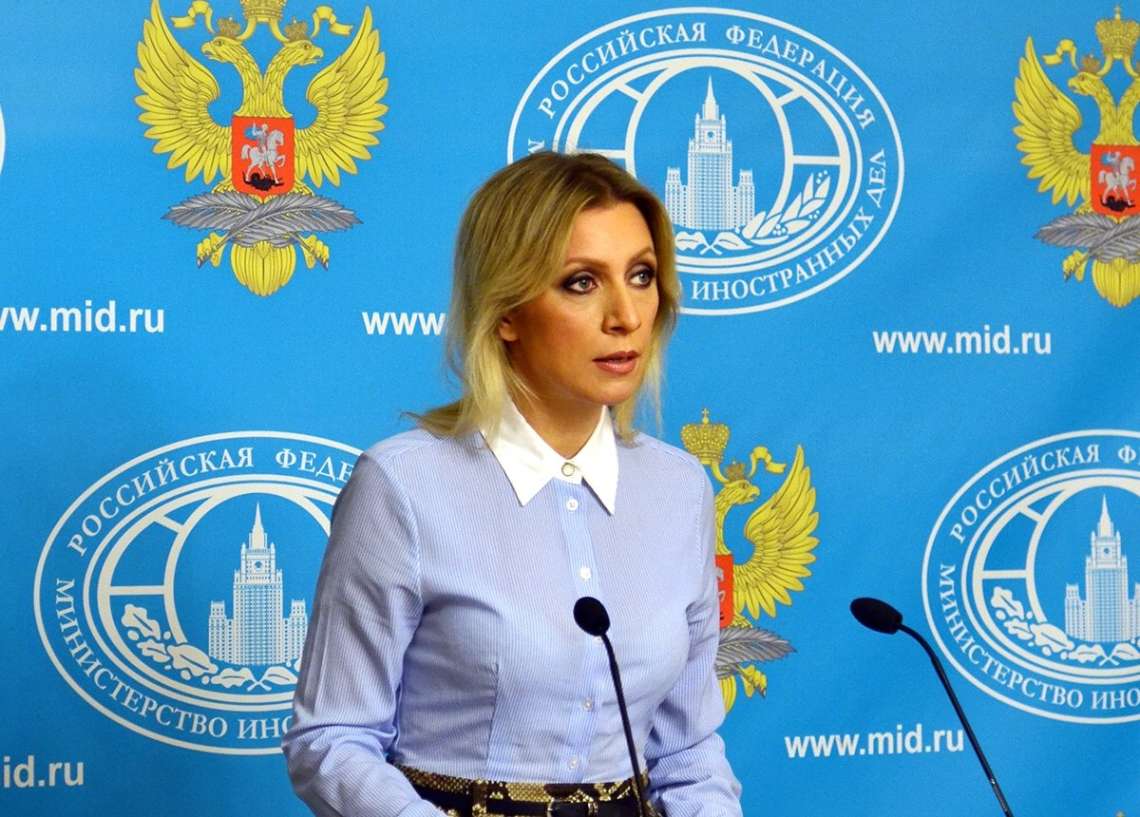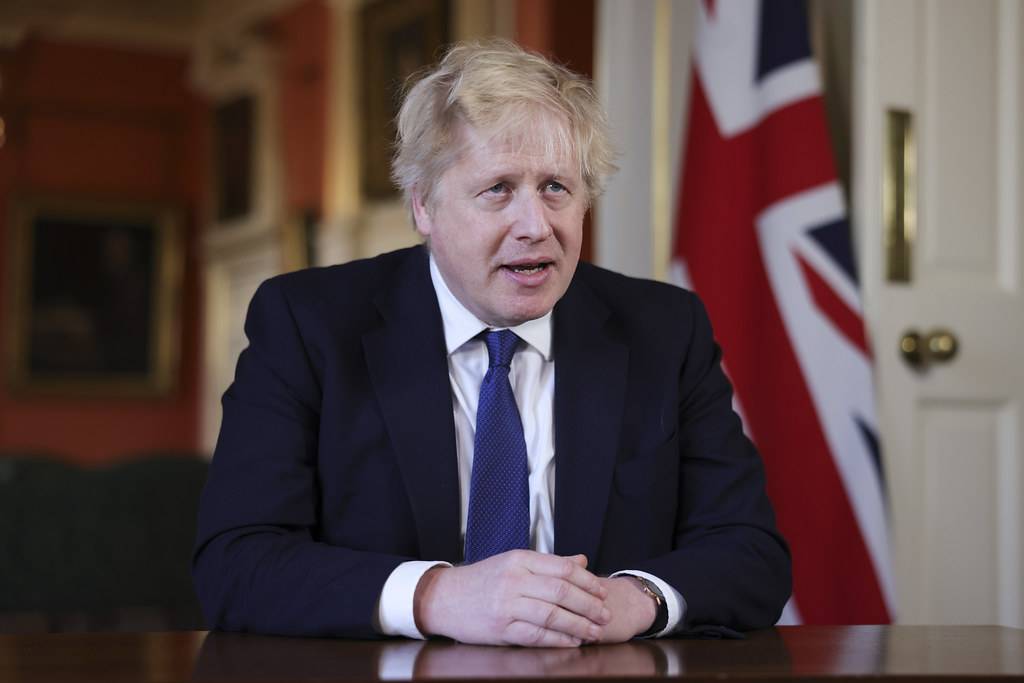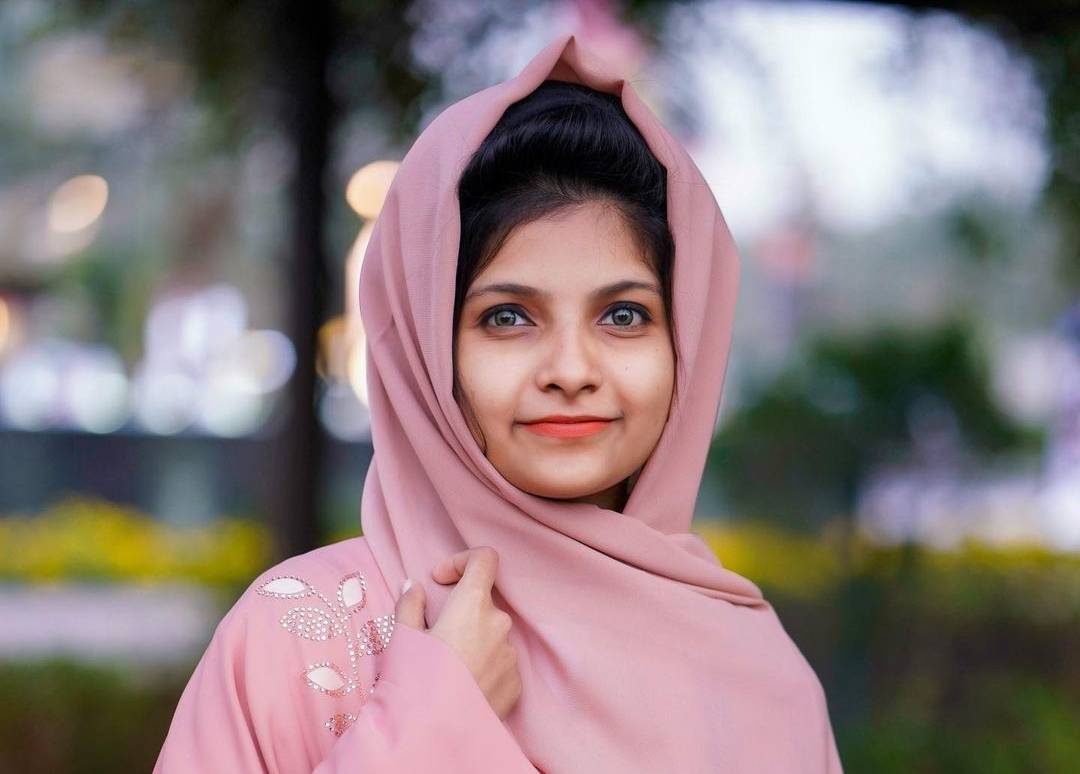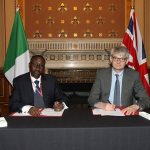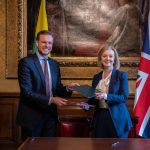The International Court of Justice (ICJ) will hold public hearings on the Ukraine-Russia crisis on March 7 and 8 in a hybrid format…reports Asian Lite News
Russia’s advance on Kyiv has made little progress in the past 24 hours due to logistical difficulties and the army has increased its use of artillery north of the capital, a British military intelligence update said.
“The Russian advance on Kyiv has made little progress over the past 24 hours probably as a result of continuing logistical difficulties,” the British defence ministry said in a military intelligence update.
“Russian forces have increased their use of artillery north of Kyiv and in vicinities of Kharkiv and Chernihiv. The use of heavy artillery in densely populated urban areas greatly increases the risk of civilian casualties.”

“Russia has failed to gain control of the airspace over Ukraine prompting a shift to night operations in an attempt to reduce their losses,” it said.
ICJ to hold public hearings on Ukraine-Russia crisis
The International Court of Justice (ICJ) will hold public hearings on the Ukraine-Russia crisis on March 7 and 8 in a hybrid format.
“The International Court of Justice, the principal judicial organ of the United Nations, will hold public hearings in the case concerning Allegations of Genocide under the Convention on the Prevention and Punishment of the Crime of Genocide (Ukraine v. Russian Federation) on Monday 7 and Tuesday 8 March 2022, at the Peace Palace in The Hague, the seat of the Court,” read the ICJ statement.
According to the statement, the hearings will be devoted to the request for the indication of provisional measures submitted by Ukraine.
Earlier, while addressing an urgent communication to Russian Foreign Affairs Minister, Judge JE Donoghue, International Court of Justice President, said, “I call the attention of the Russian Federation to the need to act in such a way as will enable any order the Court may make on the request for provisional measures to have its appropriate effects.”
Meanwhile, on February 24, Russian forces launched military operations in Ukraine, three days after Moscow recognized Ukraine’s breakaway regions – Donetsk and Luhansk – as independent entities.
Several countries including the UK, the US, Canada, and the European Union have condemned Russia’s military operations in Ukraine and imposed sanctions on Moscow. These countries have also promised Ukraine to help with military aid to fight Russia.
The US, Canada and European allies agreed to remove key Russian banks from the interbank messaging system, SWIFT which means Russian banks won’t be able to communicate securely with banks beyond Russia’s borders. President Putin has also signed a decree on special economic measures against the US and its allies.
Fighting in Ukraine has so far pushed more than 500,000 people across the country’s borders, according to the UN refugee agency.
Speaking at an emergency session of the UN General Assembly on February 28, Russia’s Permanent Representative to the United Nations, Vasily Nebenzya, had said that Russia has no plans to occupy Ukraine.
On February 28, negotiations between delegations of Russia and Ukraine were held in the Gomel Region of Belarus and another round of talks is scheduled for March 2.


